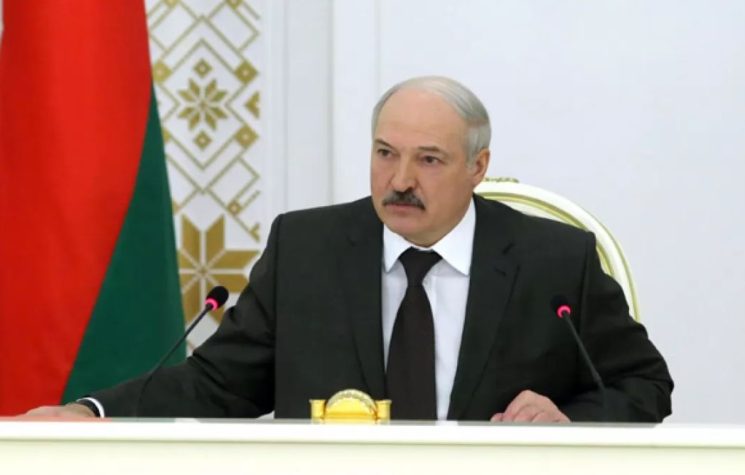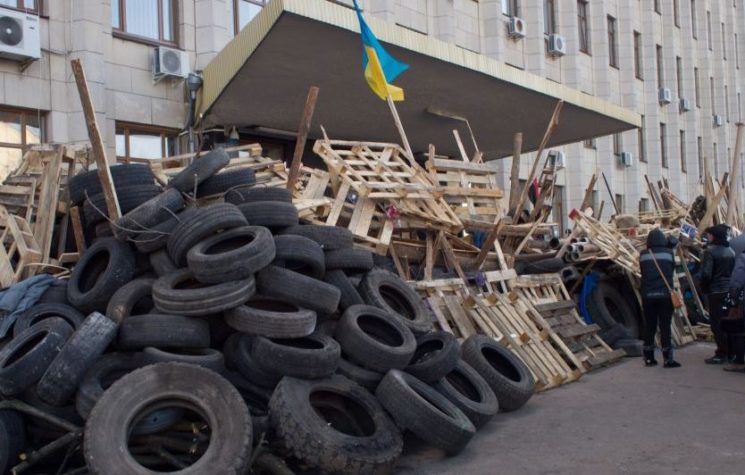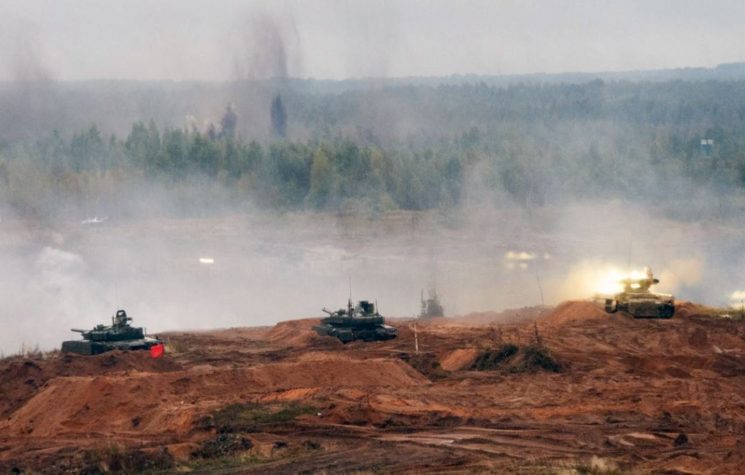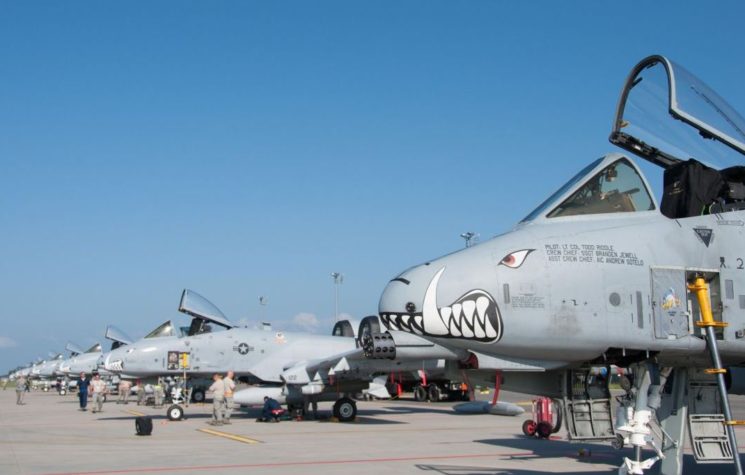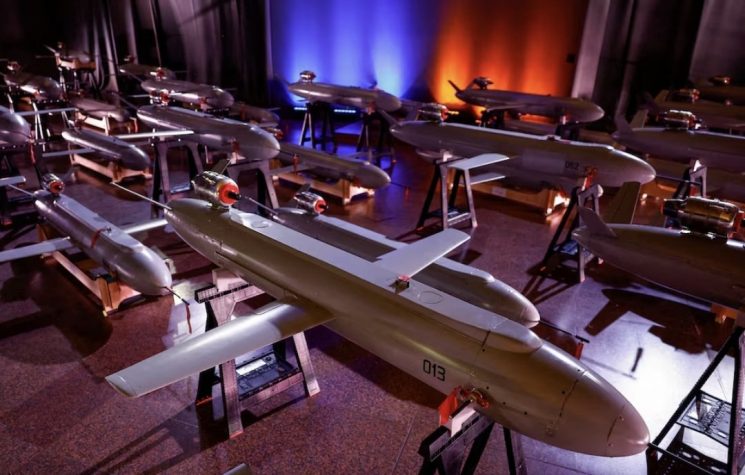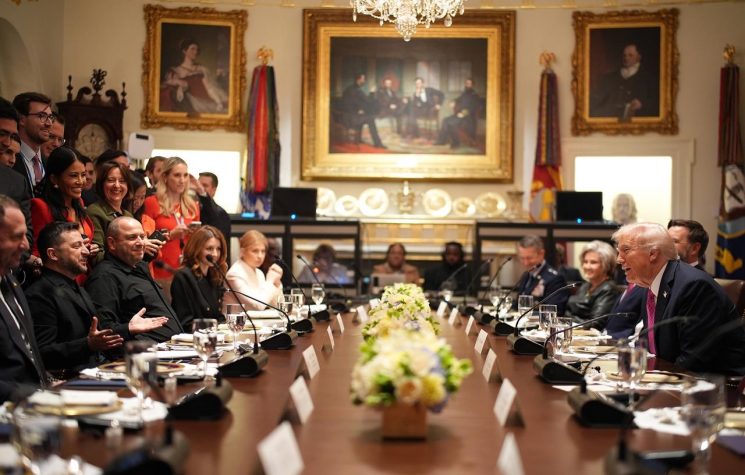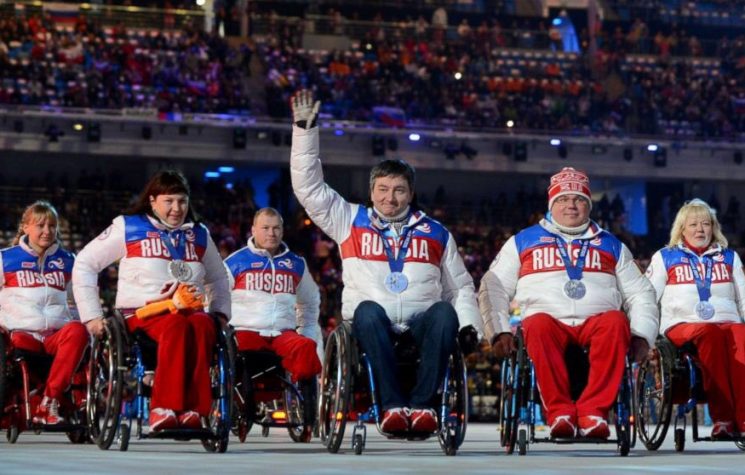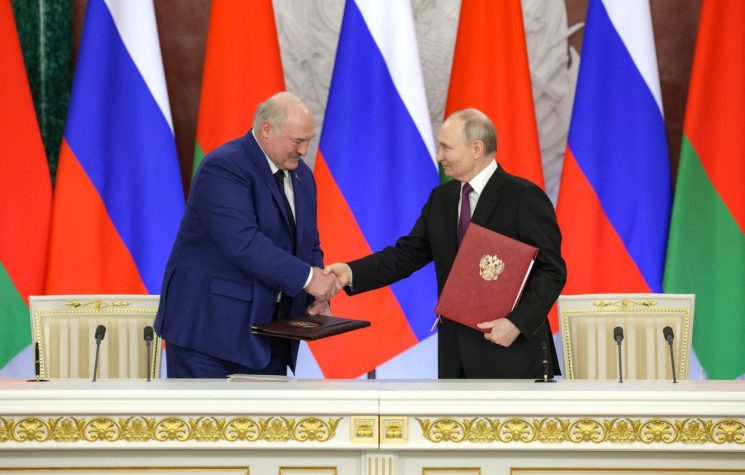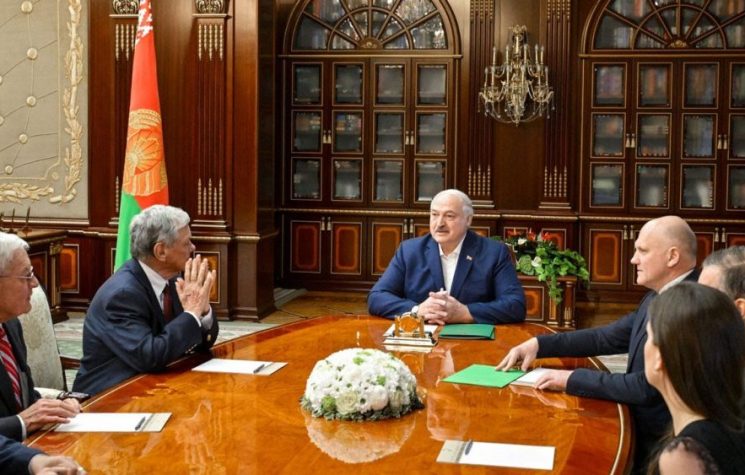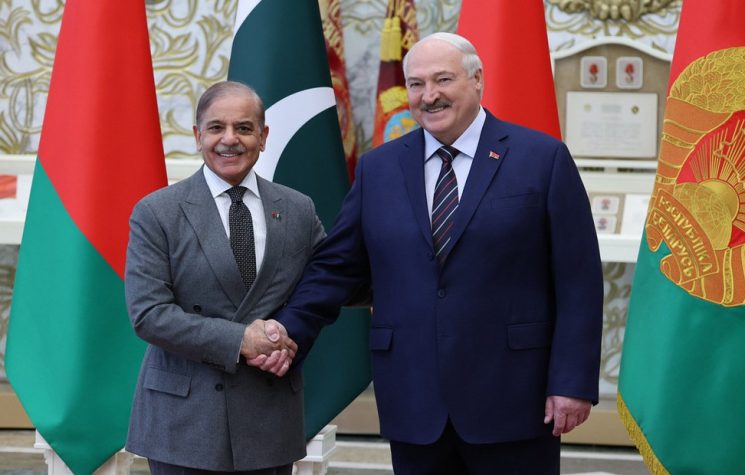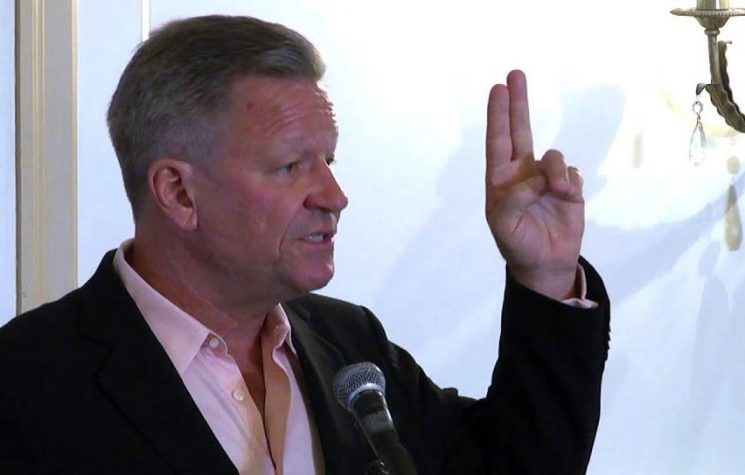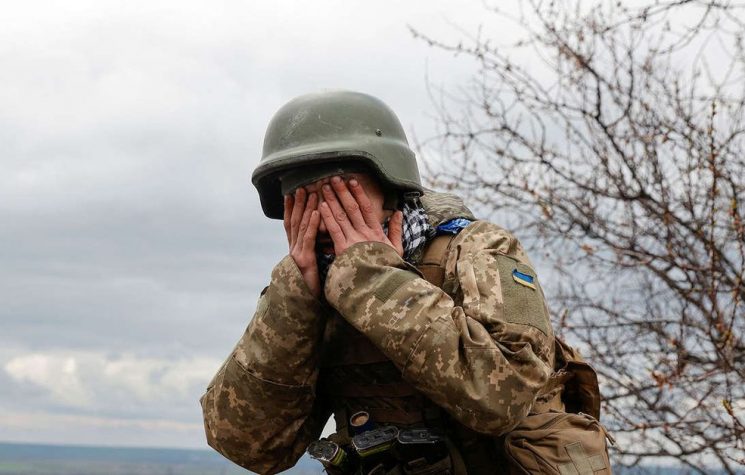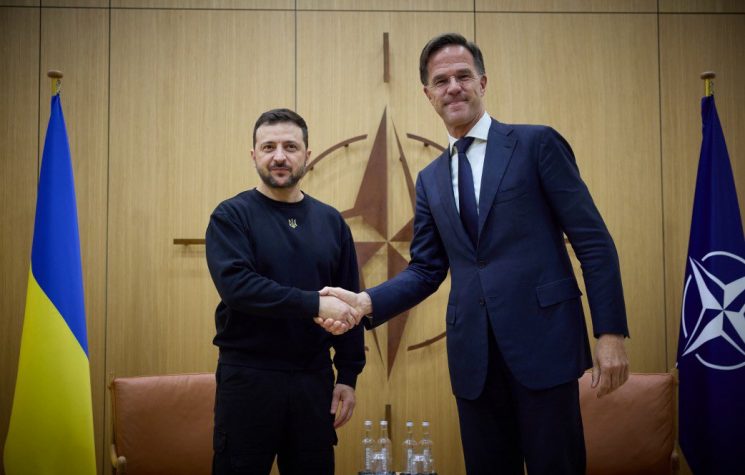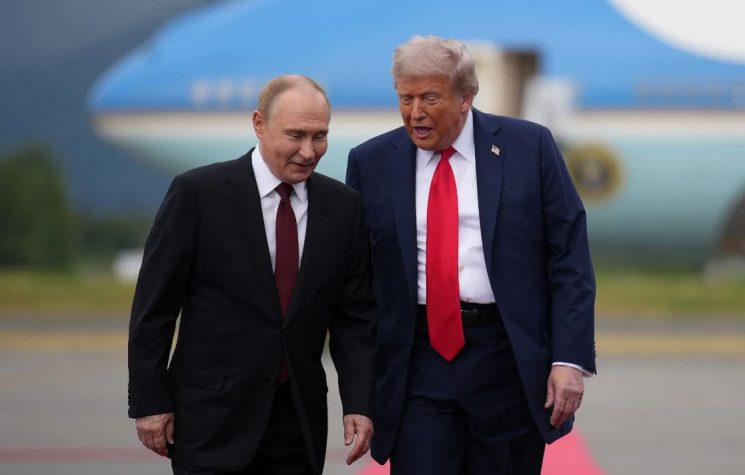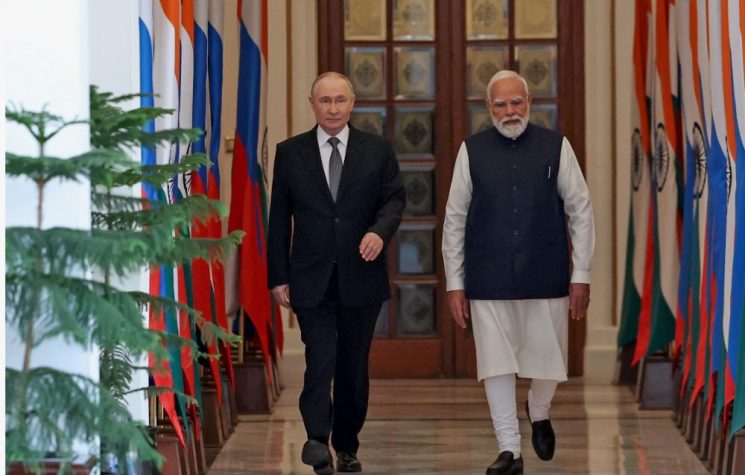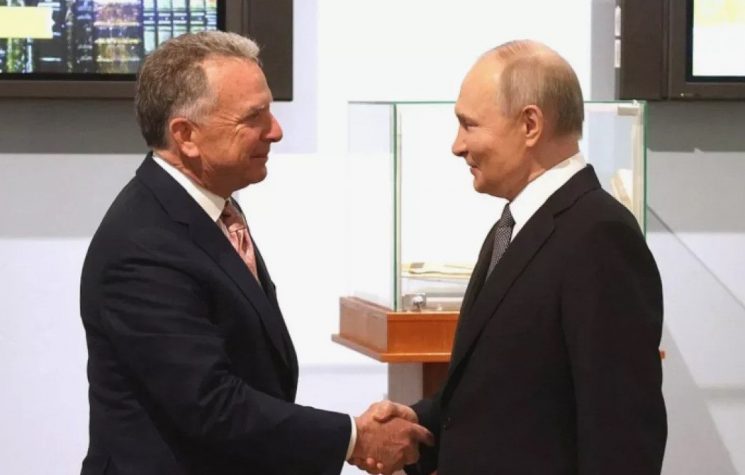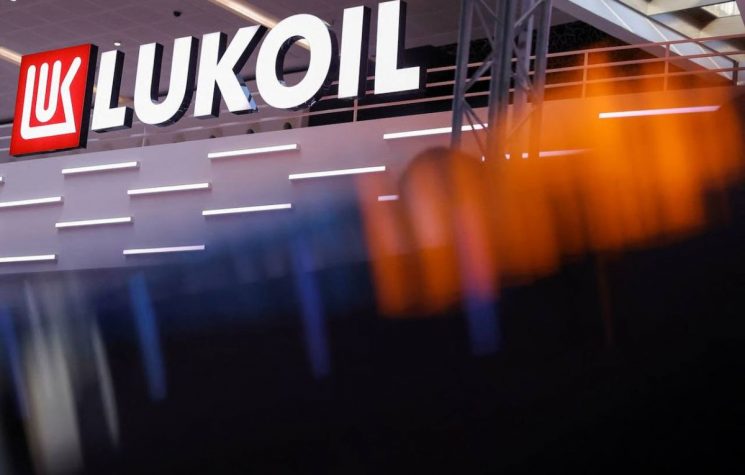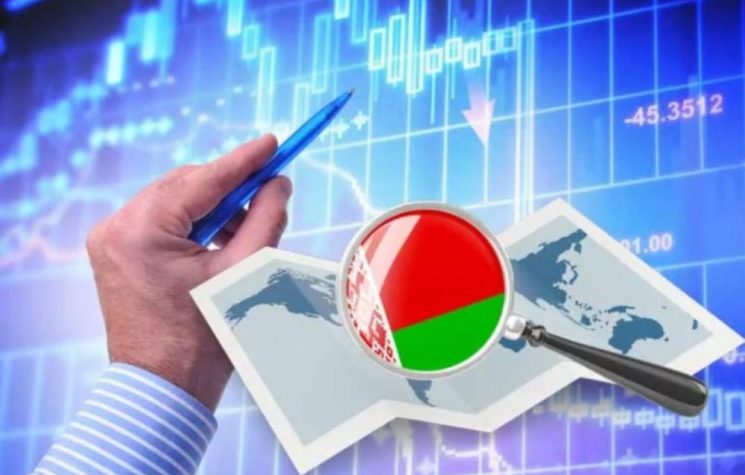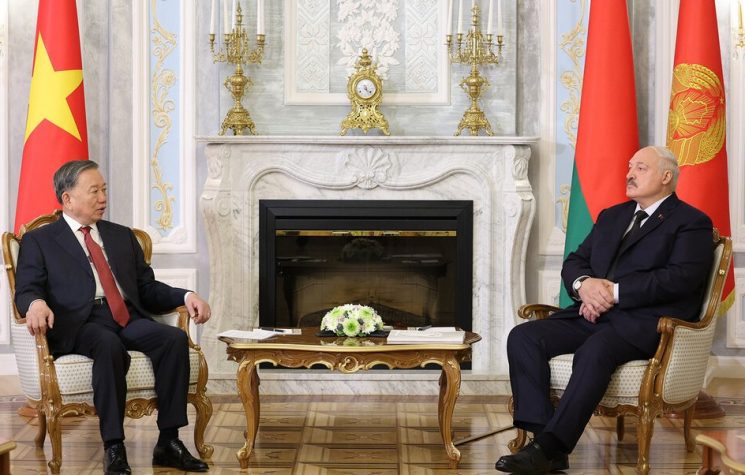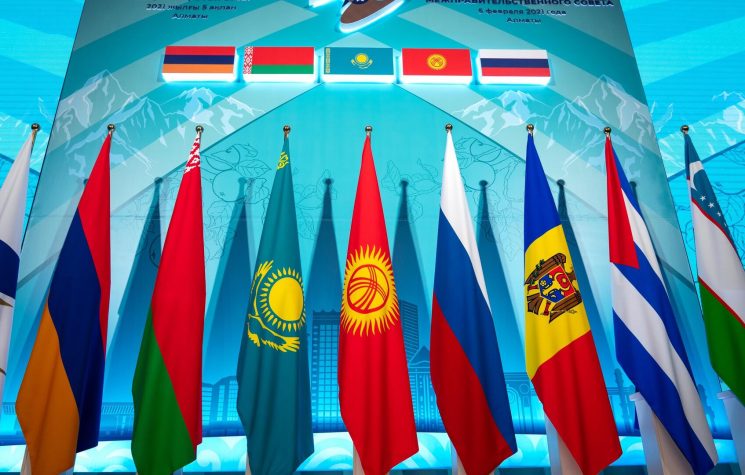Expansion requires a template. If one expects growth in their nation or international project beyond its initial border there has to be some sort of standards or bureaucracy to make this happen and Russia may very well be developing (or has already developed) this template to bring back certain troubled territories into the fold.
When America was still very young and completely on the Atlantic coastline the powers that were set up the process by which new pieces of land could go from being organized territories to full states. At that time the US saw vast potential to acquire new territory by pushing west. The Native Americans didn’t pose much threat and all those unknown quantities of virgin land were America’s for the taking. This policy of planned organized expansion made sense for post-colonial America but would not have made much sense for some sort of landlocked German state like Bavaria surrounded by well armed and apt competitors of the European geopolitical chessboard.
Going forward and going beyond national borders, both NATO and the European Union (including its currency the Euro) have built-in bureaucratic procedures/standards for expansion. We all saw how directly after the fall of the USSR these organizations’ “expansion templates” allowed the former Eastern Bloc to jump full force towards the West relatively quickly. Give up some percent of your GDP, sign some treaty about refugees and boom you’re in.
Some recent statements made by Russian President Vladimir Putin at his yearly press conference with the public make it seem as though Russia’s integration deals with Belarus are developing into some sort of expansion template or were always that way by design. His statement which exploded over the Russian media is as follows…
“At the present time, the question is not uniting into a single state. We are talking about making deals happen that were agreed upon many years ago about creating, what we call a Union State. This is not a single state, this is not the same.”
He continued describing this Union State by saying that there are…
“New elements up to and including a new parliament and currency…”
These words caused a stir because previously the Union State between Russia and Belarus seemed like some sort of bureaucratic platitude. After many years of its discussion and public knowledge the only results that the masses can see are that there is an open border between the countries. Besides the trains from Moscow not having to stop at the border for two hours, not much has changed in the eyes of the common man. The same things could be said for the Eurasian Economic Union (which at this point is purely economic and abstract) or the seemingly pointless and pathetic Commonwealth of Independent States.
There are hopes around Moscow that Russia and Belarus are developing an expansion template via a currency, new parliament and possibly a new/joint military (they train together often and are both key members in the Shanghai Cooperation Organization) that could be applied to many of the trouble regions of the former Soviet Union that are strongly pro-Russian, dependent on Russia for survival, and/or are under threat of extermination by “nationalists” of the former Soviet Republic they are trapped in. This would apply to regions like Transnistria, South Ossetia, Abkhazia and of course the Donbass.
Some things like Russia giving citizenship to people in the break-away republics in the Donbass is another drop in the evidence bucket that Russia is looking to integrate at least more people if not territory, but for those inside of Russia there have been many years of talk about integration and partnership with former territory with Russia only taking reactive action – the Georgians started the 2008 war, with Russia only taking the territories which Saakashvili wanted to slaughter, Russia only acknowledged the Crimean referendum allowing most of Ukraine to suffer under the hands of Russophobic psychopaths, etc.
A set of standards for this Union State concept allowing Russia to put back many key pieces of its shattered puzzle would of course gain massive public support from a wide variety of political viewpoints. For many this new united currency and super government that would allow it to finally start to grow and protect Russian speaking people (who really need protection from brutal racism) sounds almost too good to be true, which makes one fear that it is.
One of the worst things we can do for the public is conflate wish-fulfillment fantasies with projections based on analysis, so at this time, we need to keep the rational part of our brains active and not give in to emotions – thus all Russian plans to integrate or expand have not yielded direct tangible results.
The Union State has been a horribly slow process and there is no indication that something amazing will happen tomorrow. It is odd that Putin said these bold public statements but even he didn’t hide the fact that even if they stay on course there is tons of bureaucracy still left to be dealt with.
The Union State may be an expansion template being worked out and drawn up right as you read this, but Russia’s actions over the last 10-15 years show that it may be too gun-shy or bureaucratically slow to use it at any point in the near future, although it would be very nice to be proven wrong on this issue.








